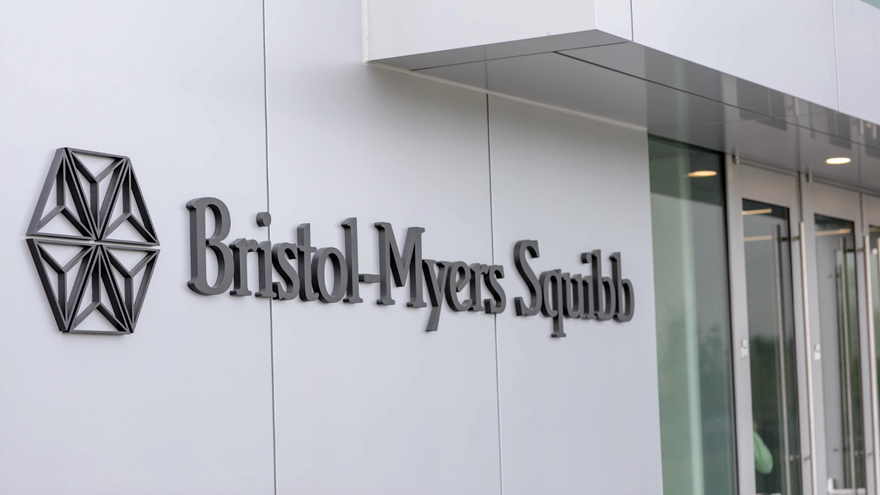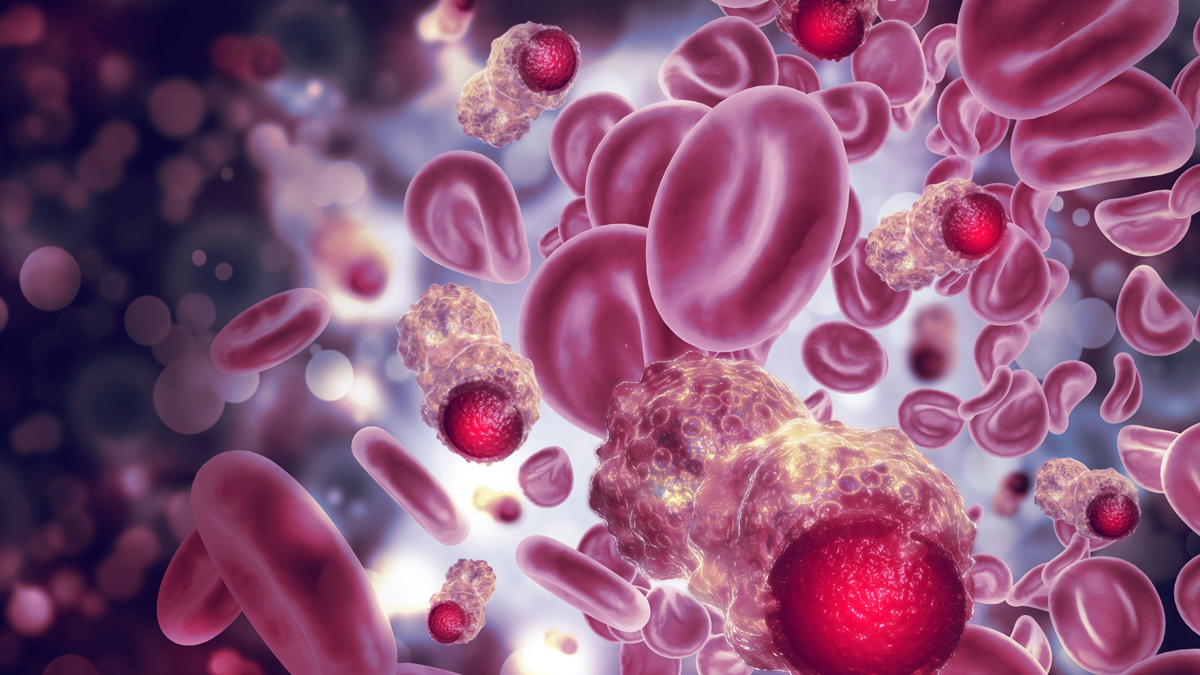Failed trial nixes another FDA approval, this time for BMS' Istodax

Bristol-Myers Squibb's HDAC inhibitor Istodax has been on the US market for a decade as a treatment for peripheral T-cell lymphoma (PTCL), but will now be withdrawn from sale after a failed phase 3 trial.
Istodax (romidepsin) – originally developed by Celgene – is the latest in a string of cancer drugs originally given accelerated approval based on mid-stage data to be withdrawn because a follow-up confirmatory trial missed the mark.
The HDAC inhibitor was given an accelerated approval by the FDA as a second-line PTCL therapy on the strength of overall response data, but a phase 3 study comparing Istodax to first-line chemotherapy showed no improvement on progression-free survival (PFS).
Istodax remains on the market for the treatment of cutaneous T-cell lymphoma (CTCL) who have received at least one prior systemic therapy, according to BMS, which said it "remains an approved and important treatment option" for these patients.
It's the third time in recent months that BMS has trimmed down the uses for its cancer drugs, coming after it withdrew approvals for cancer immunotherapy Opdivo (nivolumab) in relapsed liver cancer and small cell lung cancer (SCLC).
The withdrawals – while voluntary – come as the FDA has been taking a closer look at accelerated approvals of cancer drugs, focusing mainly on checkpoint inhibitors that have seen new uses added to their labels at breakneck speed since being launched onto the market.
In April, the regulator convened a meeting of its Oncologic Drugs Advisory Committee (ODAC) to consider six different indications for Opdivo, Merck & Co's Keytruda (pembrolizumab) and Roche's Tecentriq (atezolizumab) across six different types of cancer.
Merck has also withdrawn Keytruda as a treatment for stomach cancer and SCLC, while Roche's drug has lost an indication in bladder cancer. Earlier this year AstraZeneca also removed bladder cancer from the list of uses for its immunotherapy Imfinzi (durvalumab) amid the crackdown.
Istodax isn't classed as an immuno-oncology drug, suggesting that the regulator may be looking more widely at earlier accelerated approvals that have failed post-marketing studies.
BMS said the decision to withdraw the product came in part because other treatments for PTCL have become available that have "redefined treatment across PTCL and other haematologic conditions".
Those include Onxeo/Acrotech's rival HDAC inhibitor Beleodaq (belinostat) – given an accelerated approval for relapsed PTCL in 2014 – as well as Seagen's antibody-drug conjugate Adcetris (brentuximab vedotin). The latter got an accelerated okay for newly-diagnosed patients in combination with chemotherapy in 2018.
BMS won't feel much financial impact from the withdrawal, as Istodax was already in decline when it acquired Celgene in 2019. The company doesn't publish sales figures for the drug, but Celgene recorded sales of $63 million for full-year, 2018 ahead of the $74 billion merger.













